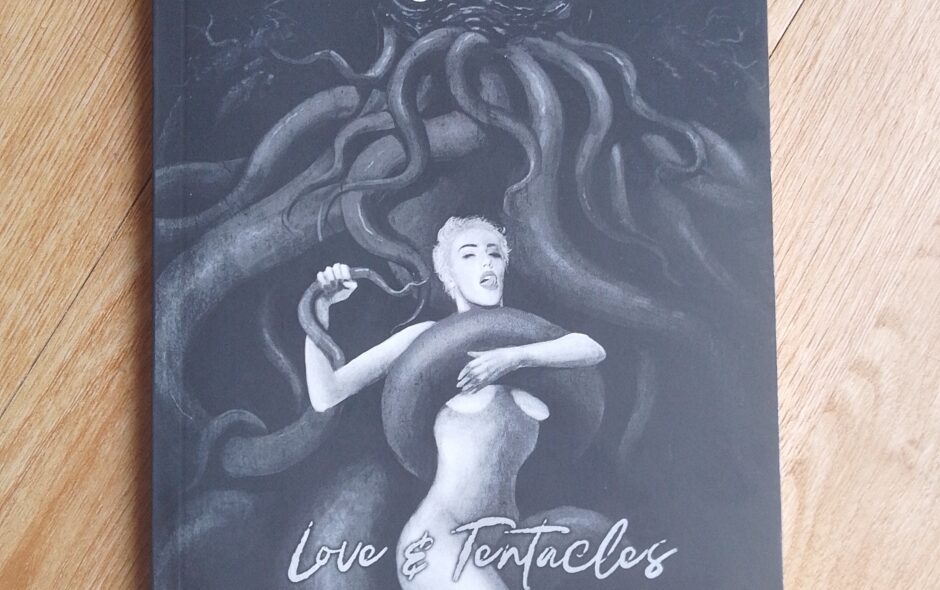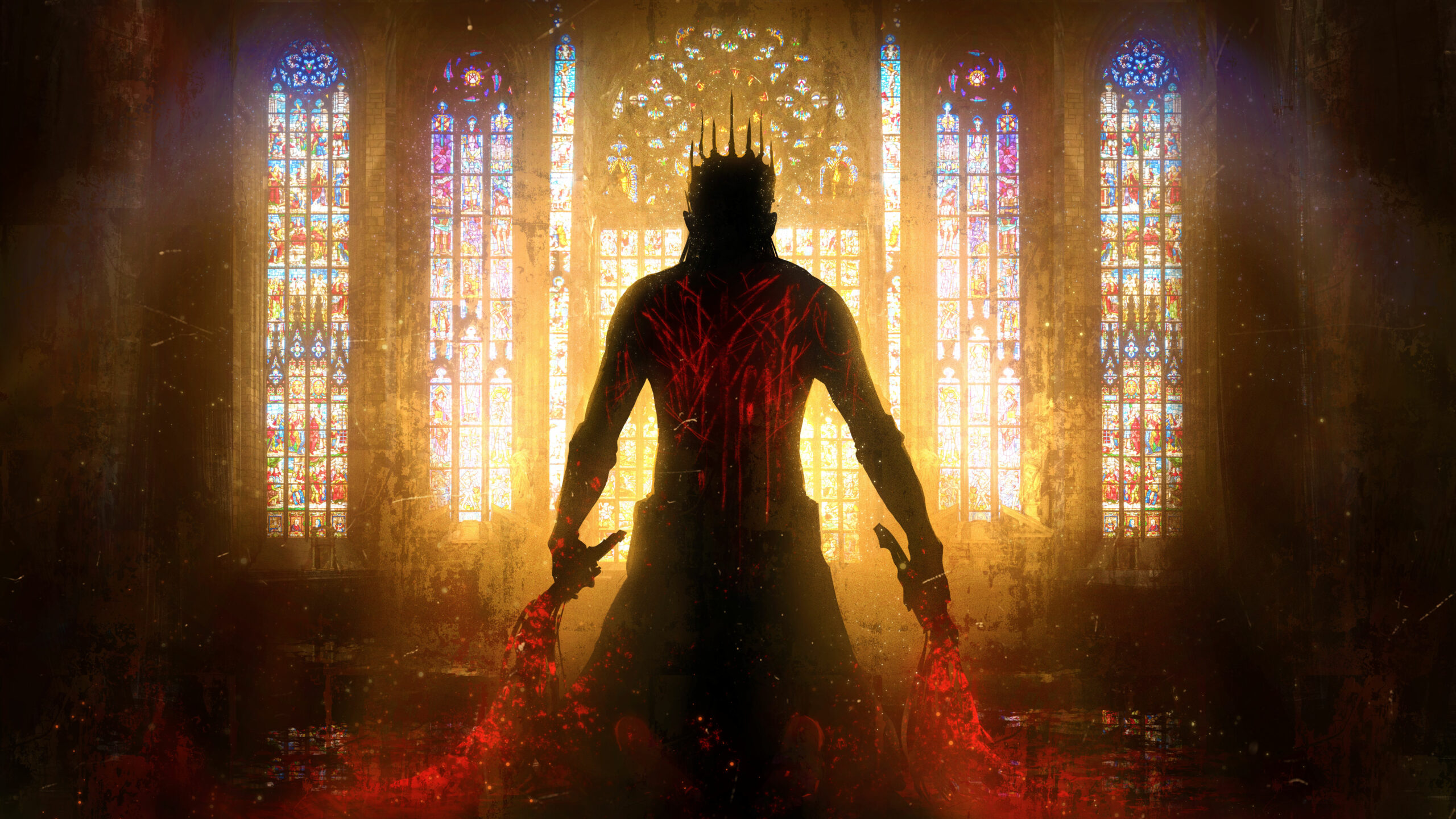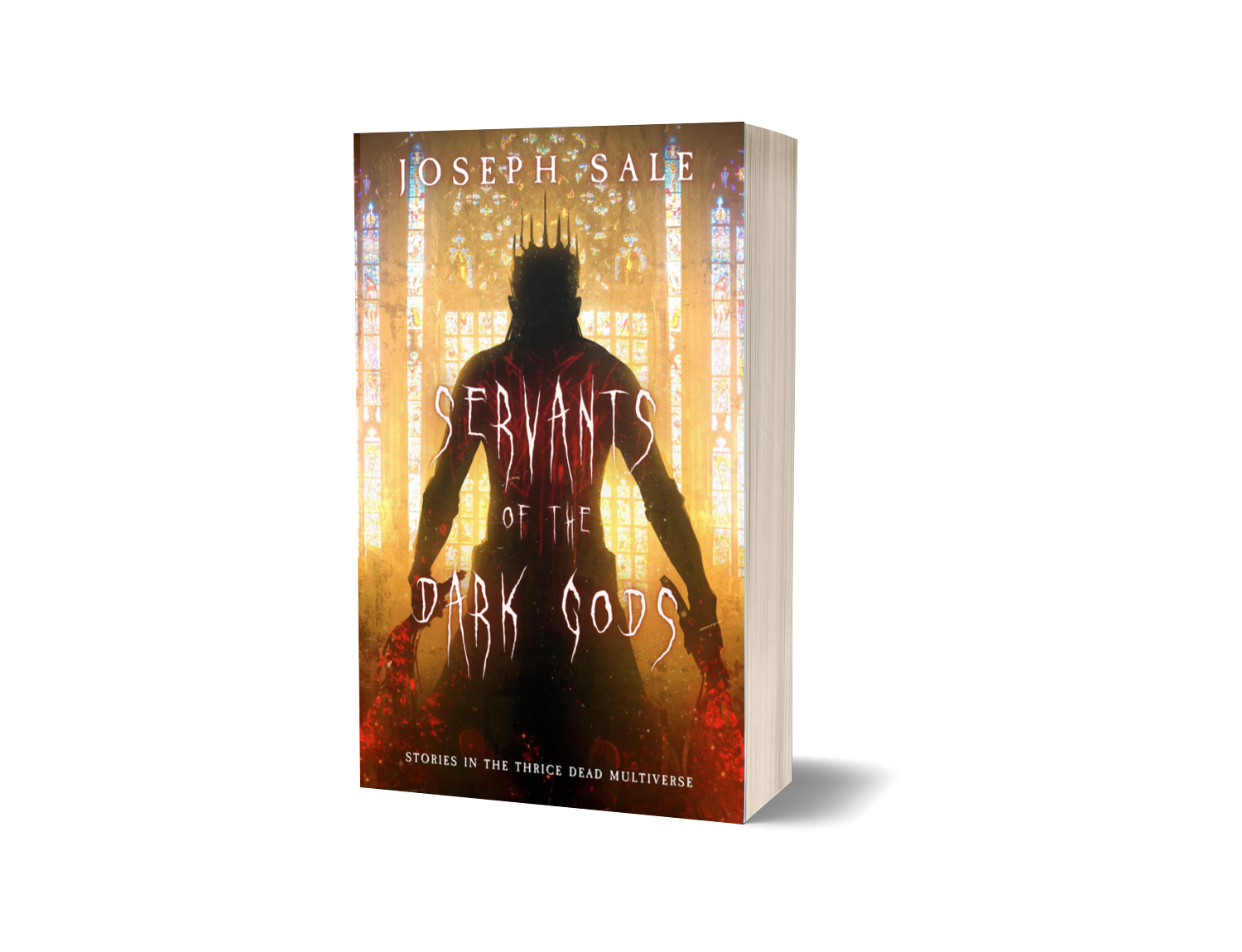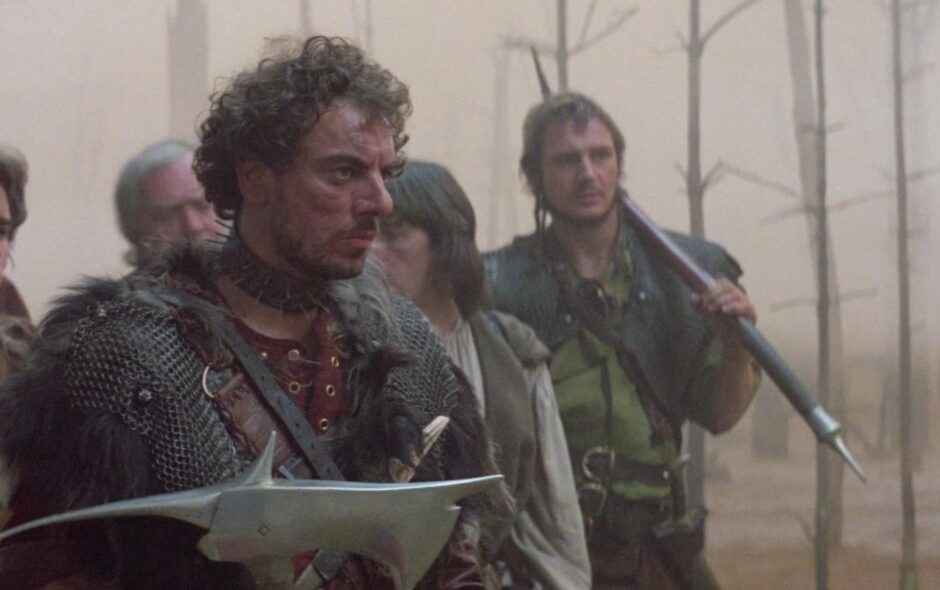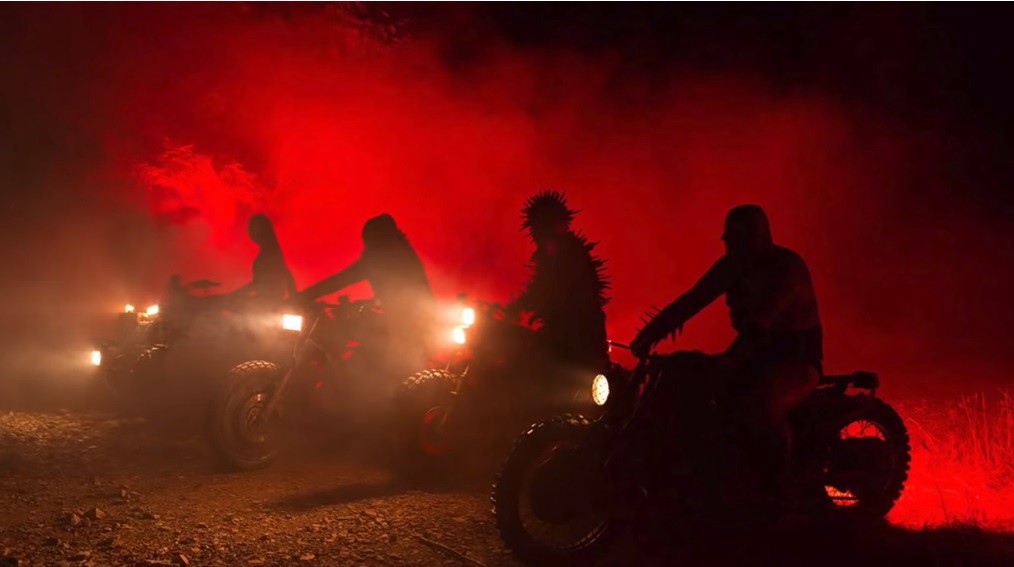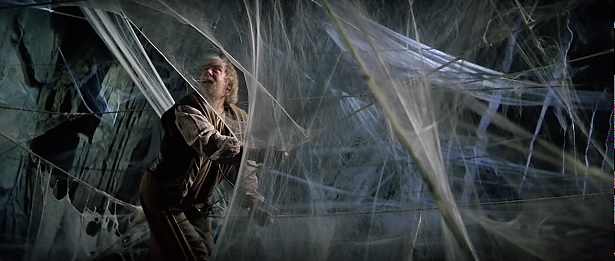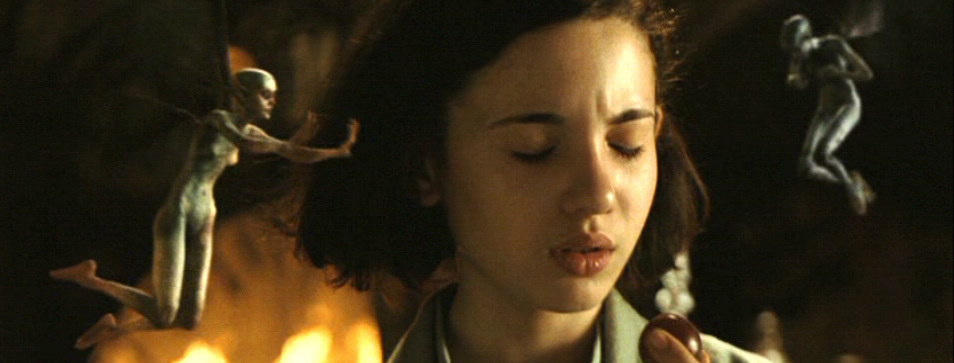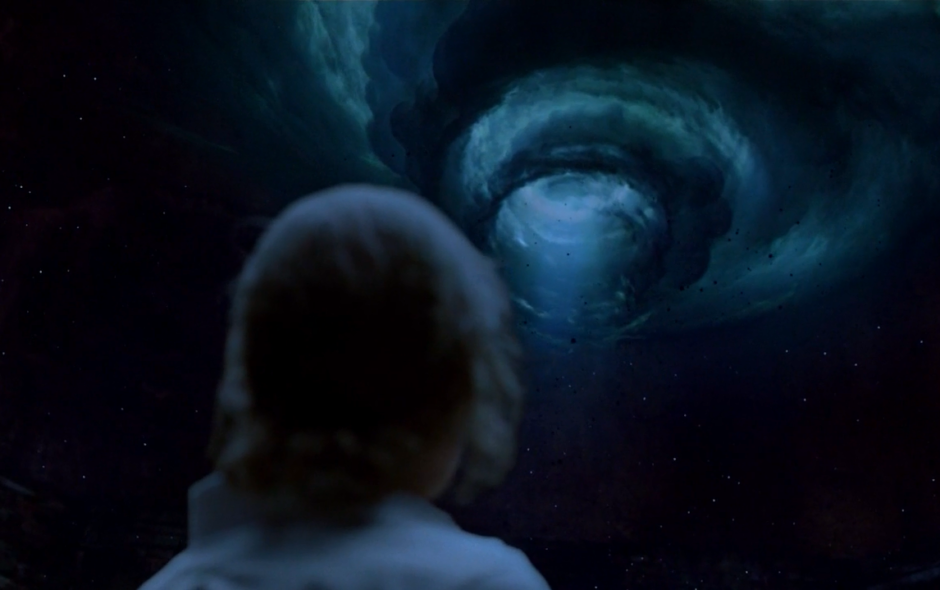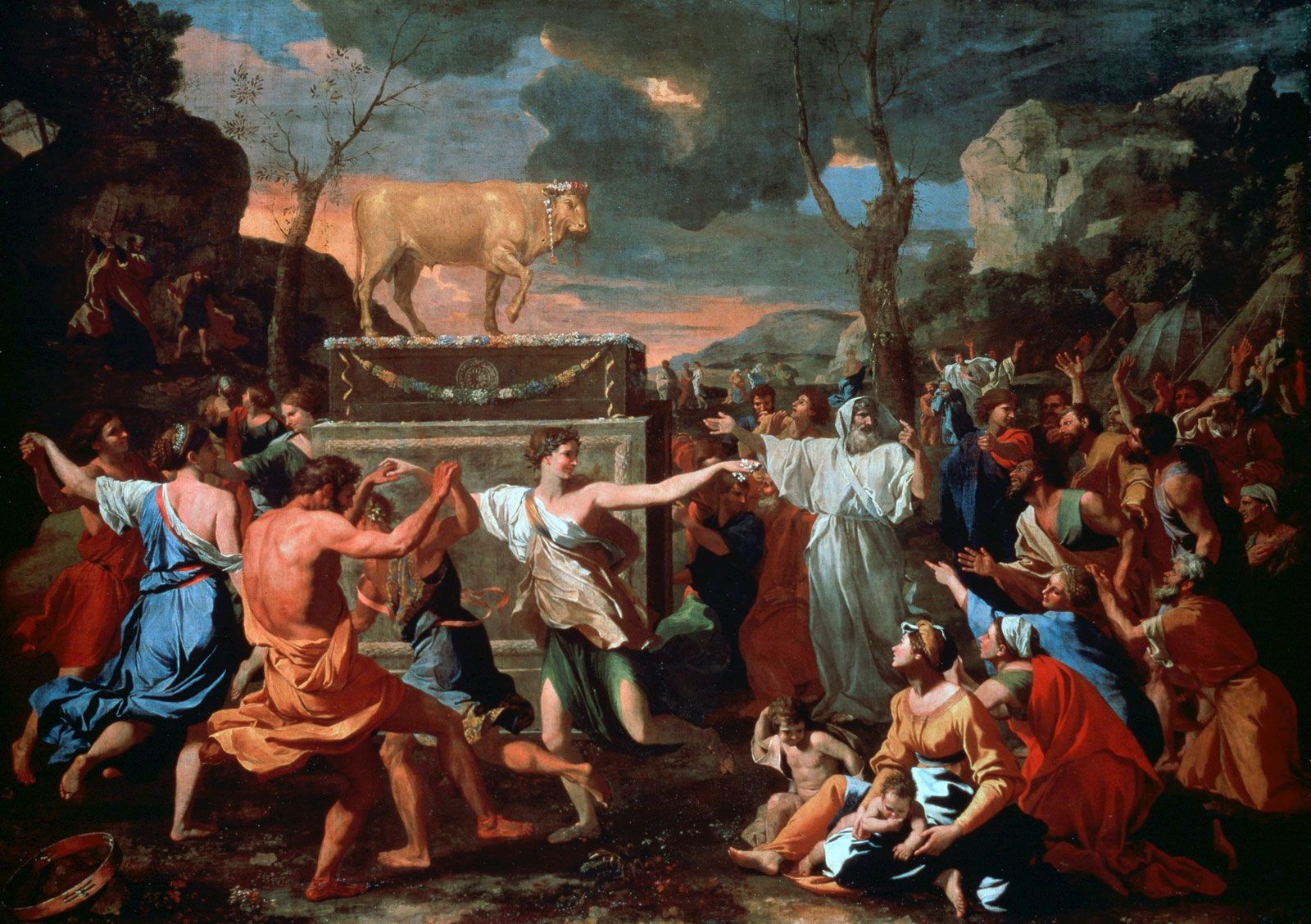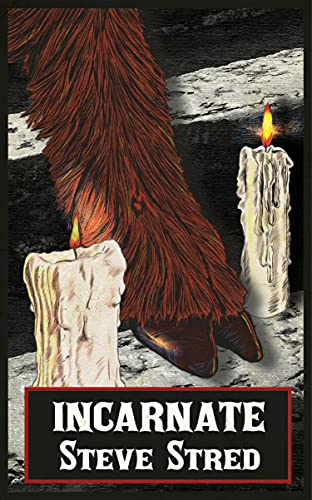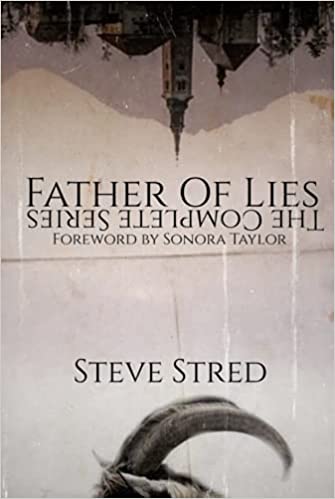There are lots of articles ranking the very best books in a particular genre, and there are also lists ranking the best writers and books of all time. Whilst a sense of hierarchy (this thing is more perfectly executed than that thing) is important in criticism, it should never come at the sacrifice of palette. The old-fashioned saying “Different horses for different courses” rings true: we go to certain genres and writers for specific experiences, whether we know this consciously or not. And so, I wanted this ranking list to work a little differently to most. Instead of saying who is the “best” (because of course we will all have different definitions of what constitutes “the best”), I wanted to showcase writers who excel at delivering particular experiences. Picture it like this: rather than looking at who is sitting on the biggest pile of gold, I instead wanted to point you towards the writers who possess very niche, gleaming treasures… I also exclusively wanted to feature living writers. I love the classics, but there are so many hugely talented authors working today.
Of course, this list—like all lists—is entirely subjective, but it might just help you to find the right writer to scratch a particular itch, a particular artefact you’ve long sought in the paradoxical desert of over-saturation. In addition, there are a good number of phenomenal authors who did not make this list, authors like John Durgin, Richard Thomas, Iseult Murphy, Brian Barr, Eric LaRocca, Anna Smith Spark, and more... The reason they did not make this list is no aspersion upon their literary abilities, and simply a reflection on the aesthetic focus of this article and the limitation of space!
So, without further ado, here are the best in show, my choice fantasy and horror writers and the particular delights they offer up. They have such sights to show you!
The best to make me believe in the supernatural… Lee Mountford
I had the privilege of meeting Lee Mountford in 2022 at the Self Publishing Show in London, a conference for independent authors run by Mark Dawson and James Blatch. He is one of the most kind-hearted and humble souls writing today. However, not only that, but his fiction is truly unique. He has taken the “haunted house” formula to another level of intensity, combining gothic verisimilitude with supernatural intensity. Lee Mountford’s Perron Manor, which is part of his Haunted series, will immerse you in the dark history of the eponymous house, a history so intricately interwoven with real history that you will find yourself Googling “Perron Manor” to see if such a place really exists. The mantle of reality cloaking Mountford’s work is, quite frankly, terrifying. With a torturer’s artistry, he makes you believe one small thing after another, until finally we reach a crescendo and come face to face with supernatural horror in its purest form—and are forced to believe that too.
“It is shocking to see how quickly esteem can turn into infamy.”
Inside: Perron Manor
The best to make me care about f*cked up people… Christa Wojciechowski
Christa Wojciechowski is one of the most original writers working today. Her work is equal parts psychological horror, erotic thriller, and something altogether more mythopoeic. There were therefore a number of reasons to include Christa Wojciechowski on this list, from her startling and dark eroticism (which is so much more than pornographic, but almost spiritually harrowing) to her scalpel-sharp command of prose, but ultimately I settled on what may be her greatest gift: making me care about objectively awful people. Christa Wojciechowski has a unique gift for creating characters of rich psychological depth, and rendering those psychological interiors in ways that don’t feel expositional. Her characters are often broken, wrestling with addiction and vice, and many of them do terrible things in the name of love or in an attempt to survive, but somehow we still love them, forgive them, and care about them. Christa Wojciechowski has made me weep for abominable people, people who—were I in my right mind—I might wish were locked up. This is her dark genius, and I hope more people get to experience it.
“If he only knew how good I was at tapping into veins, every one except the one of truth.”
Oblivion Black
The best to make me peer into the abyss… S. C. Mendes
I first encountered S. C. Mendes by chance. I was a big fan of the publisher Blood Bound Books and therefore monitored the books they released. They had put put a novel entitled The City, authored by Mendes. I confess, I did not pay it much attention at first, but then I heard online rumours in the form of cryptic reviews, rumours that the novel was not entirely what it appeared to be. One rumour used the phrase “lizard people”. Needless to say, my curiosity got the better of me. Nothing could have prepared me for The City. It is elegantly written and terrifyingly brutal, a vision of total horror that yet conceals in its gory excrescences a pearl of wondrous hope. It is a book of psychological layers, of Dantean ingenuity and spirituality, and not for the faint of heart. In short, The City was and is a totally life-changing book. There are many “extreme” horror authors out there, but I find much of their work lacks the spiritual power that a true hell descent mandates. Mendes will make you peer into the abyss, but not because he is a fetishist or likes violence or depraved sexuality, he will make you peer into the abyss because he has been to hell and returned to the land of the living to share with us its dark lessons.
“The City seemed cold this time, but it no longer felt foreign. The carnival atmosphere was like a discarded lover: the terrain was familiar, but its company was unwanted.”
The City

The best to make me care about a relationship under duress… Dan Soule
Dan Soule is the literary James Herbert you did not know you needed in your life. His books take classic horror concepts, such as a mummy or an alien invasion, and transform them into heartfelt, modern, and epic narratives. His greatest talent, however, is his ability to describe relationships—whether a friendship, family relationship, or a romantic entanglement—that you immediately become invested in. Dan Soule understands that “no man is an island” and every individual is bidirectionally entangled in a network of relationships that continuously modify and define them. Balancing Dan Soule’s elegant relationship work, however, is the horror itself, which often threatens to tear the relationship apart, or else to warp it so out of shape that it is no longer recognisable or wholesome. The stakes of Dan Soule’s books are therefore always higher than high because we care so much about a particular bond. Dan Soule uses this tension to grip his readers by the throat.
“Dawn was still a distant shore for all those souls cast adrift on the night.”
Savage
The best to make me afraid of the woods… Steve Stred
I’ve been a fan of Steve Stred for a long time. There are so many things I love about his work, from his brutal, direct prose-craft, to his grounded and believable characters, to his interesting takes on religious and occult themes. However, there is one thing Steve Stred is becoming known for above all others, and with good reason: making people shit-scared of the woods. Many of his stories take place in the forests and wilds, yet the theme never seems worn out. As a competent outdoorsman, Steve Stred knows his way through the wilds, and he uses that knowledge to create terrifyingly believable works of horror that make me never want to see a tree or go for a night-stroll through the forest ever again. I may sound like I am being flippant, here, but we all know it takes consummate skill to imbue a familiar and beloved location with a sense of dread. Spielberg’s iconic film Jaws made an entire generation of people, multiple generations in fact, terrified of the water, and is rightly praised for this incredible feat to this day. Steve Stred is to the forest what Spielberg is to the sea, a maestro who can tap into our deepest fears.
“His dreams that night were filled with visions of the trees swaying in the wind.”
The Stranger

The best at world-building… Carlton Mellick III
This might seem like a highly controversial choice. Surely, the title of best world-builder should belong to a classic fantasy author or someone writing alternative history novels. To my mind, however, Carlton Mellick III is simply untouchable when it comes to creating a world that is internally consistent and believable, yet also fantastical and totally surprising. Whether he is exploring the internal anatomy of a fallen kaiju (The Big Meat), a world of modern conveniences and metropolises populated by faeries, elves, and nymphs (Full Metal Octopus), or else a futuristic universe in which the population crisis has been solved by “combining” people (Biomelt), Mellick always delivers. His skill is in making the world-building an integrated part of the storytelling. There are no info-dumps: characters and their actions reveal the world’s mechanics organically. His concepts are outlandish—they don’t call the genre bizarro for nothing—and yet he makes them feel more grounded and realistic than the most pedestrian literary fiction novel. We believe not only that such a place could exist, but that all the people living in it are real too, and are products of this unique (and sometimes disturbing) world. Mellick has so many talents as a writer. He remains one of the only writers capable of making me cry when reading what is ostensibly tentacle porn. Yet, his world-building methodology is worthy of attention for anyone looking to write their own fiction and learn from a master.
“At least his wings haven’t been clipped. At least he’s still beautiful, even if his beauty is only allowed to shine when he’s safe behind closed doors.”
Full Metal Octopus
The best to take me on a dark adventure… Rob J. Hayes
Rob J. Hayes is swiftly becoming a favourite author. I bought the first book of his War Eternal series based on the cover alone, but what I found within surprised and delighted me: a compelling, unique fantasy narrative that manages to hit all the fantasy tropes I love so well whilst making them new. The War Eternal is a five-part series (I am currently on the final book) that follows Eskara Helsene, a sourcerer (the spelling is significant) who is imprisoned for being on the losing side of a war. There are so many things to praise about this series: the narrative voice is astounding, the world-building is fascinating and well-handled, and the dialogue between its rogue’s gallery of characters will put a smile on your face and strike to the heart in equal measure. But, what I love most about The War Eternal is the story vivifies a feeling I had not experienced for a long time reading fantasy: that I was on a mythical, dark, but wondrous adventure. Whether we are journeying to the site of a terrible war between magicians, through an underground city of the Djinn, or to the floating city of the Rand, or to the bustling, phantasmagorical cities of Polasia, Rob J. Hayes’s story instills that sense of wonder and adventure that so enchanted me as a child reading every fantasy book I could get my hands on. In my view, this sense of adventure is sorely lacking from so much of fantasy these days, which tends to focus more on battles and politics (for those who enjoy these, however, there is plenty to be found in War Eternal). So, if you’re ready for an adventure, I highly recommend his masterful series.
“They had always intended me to be a weapon used against the Terrelan Empire, but what if I was more? What if could be more? What if, instead of being a weapon used by one empire against another, I was a weapon to be used against a God?”
The Lessons Never Learned (Book 2 of The War Eternal)
The best to surprise me… Brian Bowyer
As a student of the five act structure, an editor, and someone who has spent a lifetime working with narrative and fiction, I find that I am rarely surprised these days. This isn’t as bleak a picture as it sounds, as I find a great deal more pleasure in the journey of a story as a result of my studies. For example, if the identity of a killer is going to be revealed, I usually find I’ve worked out who it’s going to be, so instead of focusing on the “surprise” of the reveal, I tend to focus on how the reveal is executed. It’s a different mindset, but yields just as much enjoyment. However, as you've probably gathered, everything I’ve just said gets thrown totally out of the window when we discuss the work of Brian Bowyer. When reading a novel by Brian Bowyer, I can safely say at no point do I ever know what is going to happen in the next paragraph, let alone in the next chapter. This isn’t because his books are full of random and meaningless events. His stories have a dreadful, inexorable logic to them, pulling you towards some moment of revelation or horror—or sometimes even heroism—that is totally unexpected yet hair-raisingly cathartic. Perhaps the greatest example of this is his novel Flesh Rehearsal, where a character on a dark and twisted arc suddenly arrives at a moment of transcendental redemption almost too epic to put into words. Bowyer surprises his readers at every turn—and yet you sense that he is not trying to surprise you. His work isn’t strained, or preposterous, or conceited, simply totally and utterly alive. Be warned, if you want to read Bowyer’s work, you are going to be faced with horror so demented and twisted it will turn the stomach of even a hardened veteran, but the horror is often worth it for the—here’s that word again—surprising glimpses of hope, love, and faith that emerge from the darkness.
“They spoke of him on the radio again—he who was currently between names—and he didn’t like it. He turned the radio off. Much better. Now, the only sounds in his car were the rumble of the engine and the music of his tires on the road… He drove out of the hills into the city. With a couple of hours to kill, he decided to look for someone to sacrifice to the ancient gods of death.”
Flesh Rehearsal
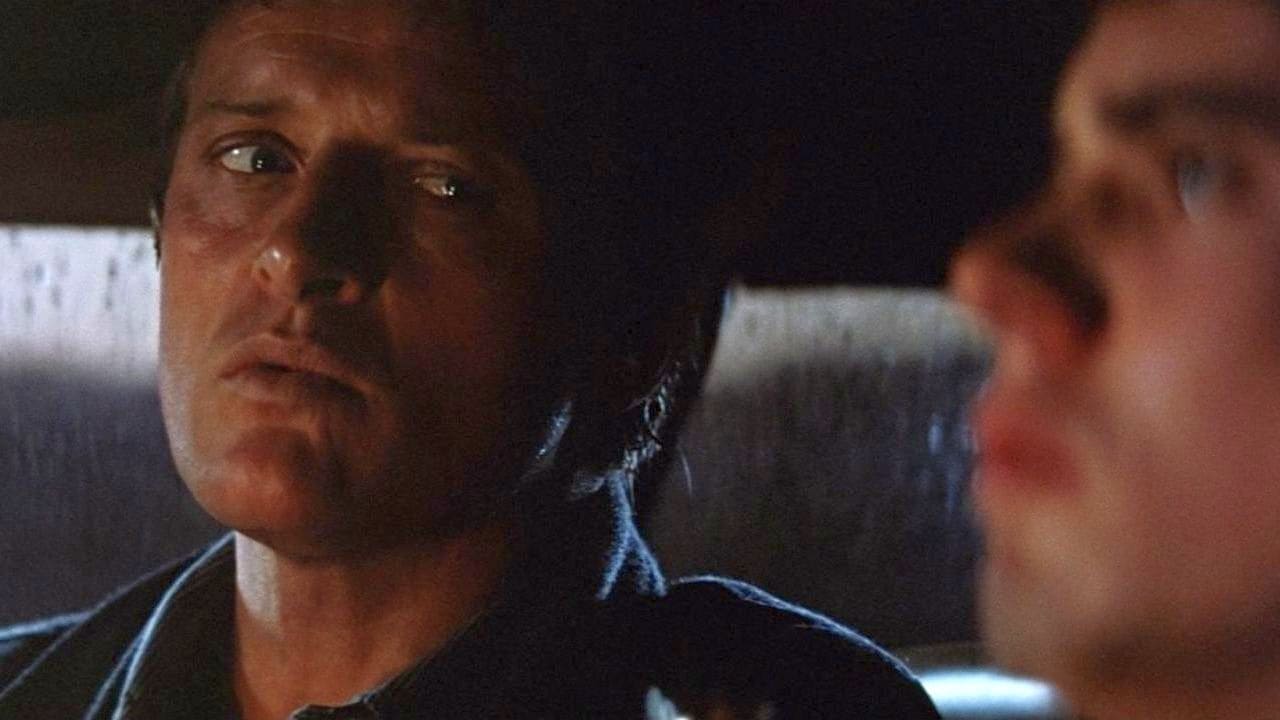
The best to make me afraid of having sex… Nikki Noir
Nikki Noir is a truly original voice in dark fiction, combining eroticism, the occult, cosmic horror, and more besides. Her Black Planet series is a powerful coming of age story that plunges us into the depths of human depravity and supernatural evil, a tale of innocence in the face of cataclysmic corruption. One of the most brilliant aspects of her writing is the way she uses the erotic elements of her stories to cloak the dagger she is about to drive into your heart. She lulls us expertly into a false sense of security, titillating us with scenarios that are all too believable perhaps because they mirror the darkest human yearnings, only to then ambush us with scenes so horrifying they seem to have leapt from a John Carpenter movie. Nikki Noir is the sadomasochistic seductress of the written word who has frankly traumatised me into periods of abstinence.
“Riley rose from Jordan’s crotch, letting the gore drip from her mouth, still praying to the dark quarters of the universe. Hopefully, the watchers were as satisfied as she was.”
Black Planet
The best to make me feel awe… Clive Barker
Most of the authors on this list are independently published. That’s because I genuinely read more independently published fiction these days. I find indie fiction is where the really interesting writing is happening, where authors are experimenting, taking risks, and painting unique landscapes upon the canvas of the human mind. However, that is not to say I only read independently published fiction, and credit has to be given where credit is due, such as to the great master Clive Barker. For many horror and fantasy writers, Clive Barker is where a love of the genre began, and it’s easy to see why: his prose is angelic, his imagination one of the most fecund to have ever found expression via the pen, and his ability to challenge preconceived notions of desire, morality, and beauty are frankly, to quote the great man himself, “legendary even in hell”. However, if I had to pick one faculty of Barker’s writing which most draws me to him, I would say it is his capacity to instil awe. In our modern world of cynicism, scepticism, and desensitisation, awe is a rare and beautiful thing. Yet, Clive Barker’s stories, whether short or long, almost unfailing evoke it. Barker writes like one who has tasted the magic of the world, fully imbibing it, so that it has become a part of his very being. Reading his work, we can taste a little bit of this magic too.
“All his adult life, he’d asked why. Why God? Why meaning? Why love? Now he realized his error. The question was not why; it was why not?”
Everville

Thank you for taking the time to read this (very lengthy) article! I hope you enjoyed reading about these amazing writers, and that it played havoc with your TBR pile. Please do share this so others can discover the amazing work these writers are doing, and maybe find their new favourite author in the process! And lastly, if you have a particular author who offers up a particularly rare gem of experience you would like to suggest, please do leave a comment and let everyone know!


